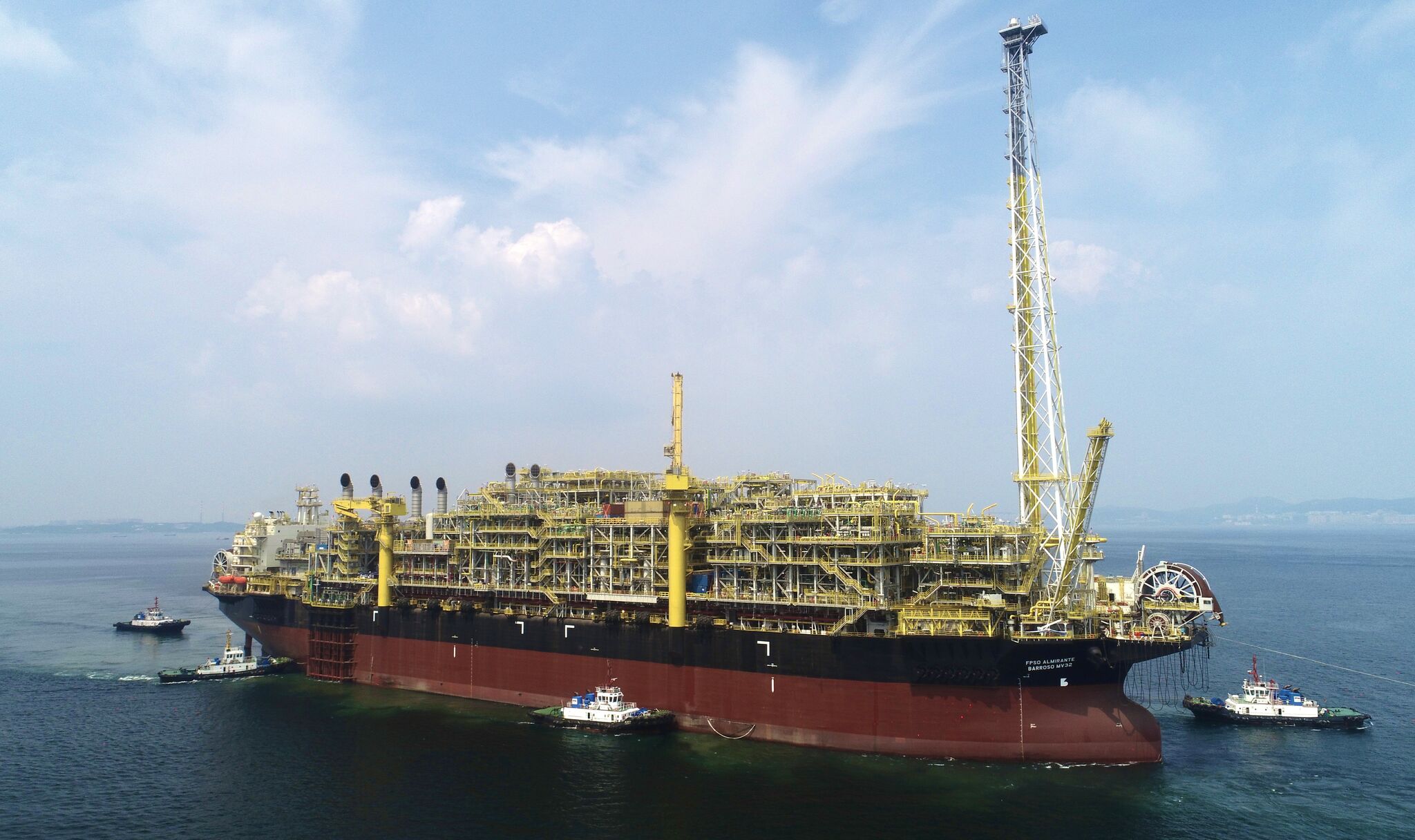Petrobras said it started production with the Almirante Barroso floating production, storage and offloading (FPSO) platform on May 31, in the Búzios field, offshore Brazil.
The start-up adds 150,000 bpd of oil output and 6 million cubic metres (m³) of gas output. FPSO Almirante Barroso will contribute to the oil production of the Búzios field, which currently averages 560,000 barrels per day, equivalent to about 17% of national production, the company said.
Petrobras adding more FPSOs despite rising costs | OilNOW
“Búzios synthesizes how representative the pre-salt is for Petrobras’ production, besides being important for the country’s energy security. By 2025, when the Almirante Barroso FPSO will be close to its maximum capacity and we will have the entry of other units, the field’s production should reach close to the 700,000 barrels per day mark”, declared Chief Executive Officer of Petrobras, Jean Paul Prates.
FPSO Almirante Barroso is a unit chartered from Modec and is located 180 kilometres (km) off the coast of Rio de Janeiro, and operates its production in a water depth of 1,900 metres. It is the fifth platform to start operating in the Búzios field, where the P-74, P-75, P-76, and P-77 units were already in production.
Ali to advance talks with Lula on Guyana-Brazil road link | OilNOW
Petrobras said Búzios is the largest deepwater field in the world and the current development concept includes 11 platforms. Currently, six units are under construction (FPSO Almirante Tamandaré, P-78, P-79, P-80, P-82, and P-83). Petrobras is the operator of the field, with 88.99% stakes in the shared Búzios field, with CNOOC holding 7.34% and CNODC 3.67% as partners.



